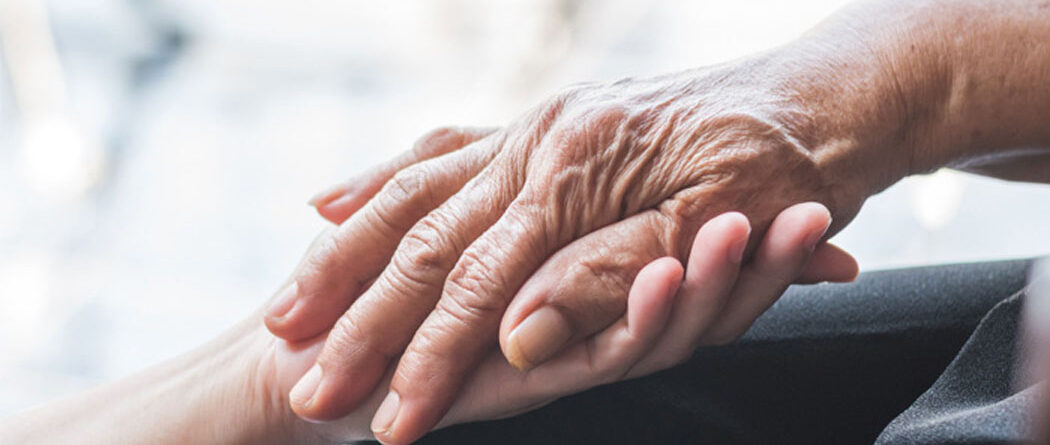International Day of Older Persons is October 1
On Dec. 14, 1990, the United Nations General Assembly designed Oct. 1 as the International Day of Older Persons. There have been earlier initiatives, such as the Vienna International Plan of Action on Aging, which was adopted in 1982 by the World Assembly on Aging and later that year by the UN General Assembly. In 1991, the United Nations Principles for Older Persons was adopted, followed by the Second World Assembly on Aging adopting the Madrid International Plan of Action on Aging.
All these resolutions are the result of an attempt to respond to the opportunities and challenges of the aging population in the 21st century and to promote the development of a society for all ages. Another outcome was the creation of Age-Friendly Communities of which we are a part through Age-Friendly Forsyth, an initiative the Forsyth County Commissioners adopted in 2017.
This year’s theme is “Digital Equity for All Ages.” The COVID-19 pandemic revealed the great divide between those older persons with Smartphones and Internet access and those who were digitally unconnected. Many older persons still experience social isolation due to lack of connectability with others. Even during lockdown, we connected virtually with others through Facebook, Zoom meetings, and YouTube, which most of us have come to depend on for everything from ordering groceries online to attending church services or even viewing weddings or funeral services that are live-streamed. No longer is Internet access considered a luxury; in today’s virtually connected world, it is a necessity. Sadly, it is one that many older persons cannot afford or are unable to access.
Unfortunately, the cure – digital access – comes with a curse. Cybercrimes and misinformation threaten the human rights, privacy and security of older persons. The United Nation’s Secretary-General has created a roadmap that “seeks to address these challenges by recommending concrete actions to harness the best of these technologies and mitigate their risk.” Ways this can be accomplished include bringing awareness of the importance of digital inclusion of older persons, tackling stereotypes, prejudice and discrimination associated with computer technology, and exploring policies and legal frameworks to ensure privacy and safety of older persons in the digital world.
Read more @WS Crhonicle
672 views










